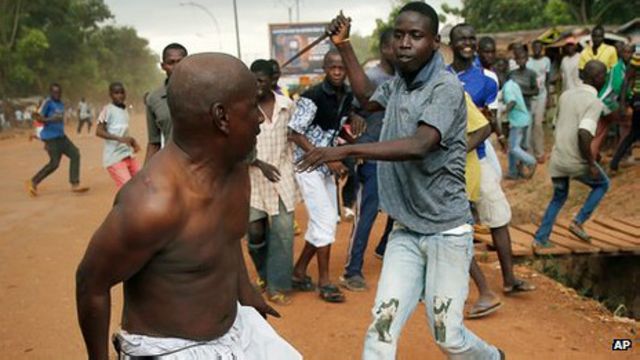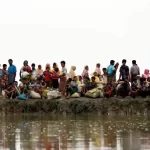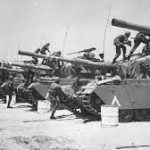
violence africa muslims
Central African Republic: Ethnic cleansing and sectarian killings
Amnesty International said in a report issued 2014 that international peacekeeping forces failed to prevent ethnic cleansing operations that took place against Muslim civilians in the western part of the Central African Republic. In order for the remaining Muslim communities to be protected, peacekeeping forces must break the control of the “anti-bullying” militias. Christianity and placing sufficient forces in towns where Muslims are threatened. “Anti-thrash militias are carrying out violent attacks in an attempt to ethnically cleanse the Central African Republic of Muslims,” said Joan Marriner, a senior adviser at Amnesty International’s Crisis Response Programme. “The result is Muslim exodus. ” “In numbers never witnessed in the country’s history.” Amnesty International criticized the international community’s cold response to this crisis, and pointed out that international peacekeeping forces refrained from confronting the anti-thrax militias and were slow in protecting the Muslim minority that was under threat. Donatella Rivera said“Peacekeepers have failed to stop the violence, and in some cases been silent about its use, by allowing anti-violent militias to fill the power vacuum created by the departure of the Seleka,” said Amnesty International’s Senior Crisis Advisor. In recent weeks, Amnesty International has received 100 first-hand accounts of large-scale attacks by anti-hatch militias against Muslim civilians in the towns of Bouali, Bouali, Bussembili, Bussembili and Bauru in north-west Central African Republic. International forces failed to deploy in these towns, leaving civilian communities unprotected. The deadliest attack documented by Amnesty International occurred on 18 January in Bussembitelli, where at least 100 Muslims were killed. Among the dead were women and the elderly, including a mosque imam in his seventies. In order to escape from the deadly attacks launched by the anti-thrash militias, the entire Muslim population fled from many towns and villages, while the small number that remained in other towns took refuge in churches and mosques and their environs. In December 2013, international concern about the sectarian nature of the violence in the Central African Republic led the UN Security Council to deploy international peacekeeping forces in the country. These forces – consisting of about 5,500 members of the African Union forces, known as “MISCA”, and about 1,600 members of the French forces, known as “Singris” – were deployed in the city of Bengui and several other cities located to the north and south. West of the capital. Even in the PK 5 neighborhood, located in the heart of the Bengue Muslim community, thousands of frightened people are packing their bags and leaving their homes. The journey towards safety and security is difficult and fraught with danger. Convoys are subjected to attacks by anti-hatch militias. A boy called Abdul Rahman told Amnesty International how the truck he was traveling in was stopped at an anti-hash militia checkpoint on January 14, and they asked all Muslim passengers to get out of the truck. Six members of his family were killed in that incident: three women and three children, including Fatim. The violence, hatred and instability that prevail today are direct results of the human rights crisis that began in December 2012, when the Seleka forces launched “The Seleka forces – largely Muslim – launched an armed attack that culminated in their seizure of power in March 2013. Ten months after assuming power, the Seleka forces were responsible for massacres, extrajudicial executions, rape, torture, looting and plunder, as well as massive burning and destruction of villages. Christianity. With the withdrawal of the Seleka forces, international forces allowed the anti-sectarian militias to seize cities, one by one, even though violence and forced expulsions of Muslim communities were expected. The decline of the Seleka’s power did not mitigate their brutality upon their departure. Even as its mobility and operational capabilities were significantly reduced, it continued to launch brutal attacks on Christian civilians and their property. Armed members of Muslim communities, operating independently of or alongside Seleka forces, also carried out brutal and widespread sectarian attacks against Christian civilians. “The urgent situation demands a direct response,” said Joan Marrine

